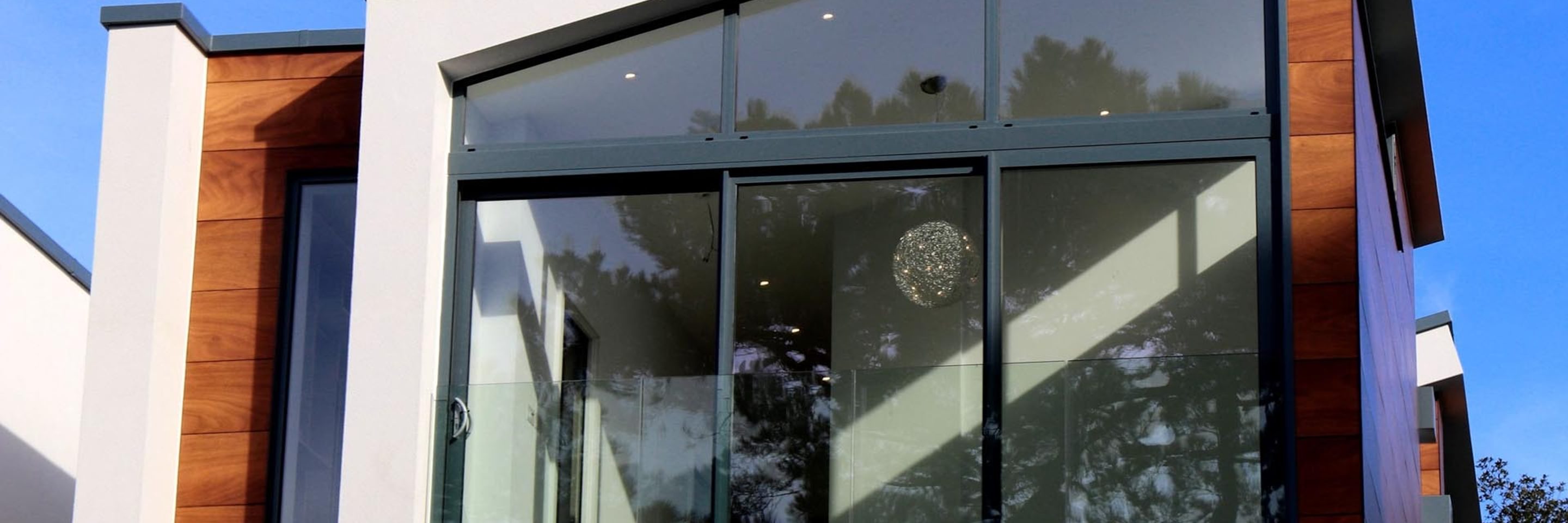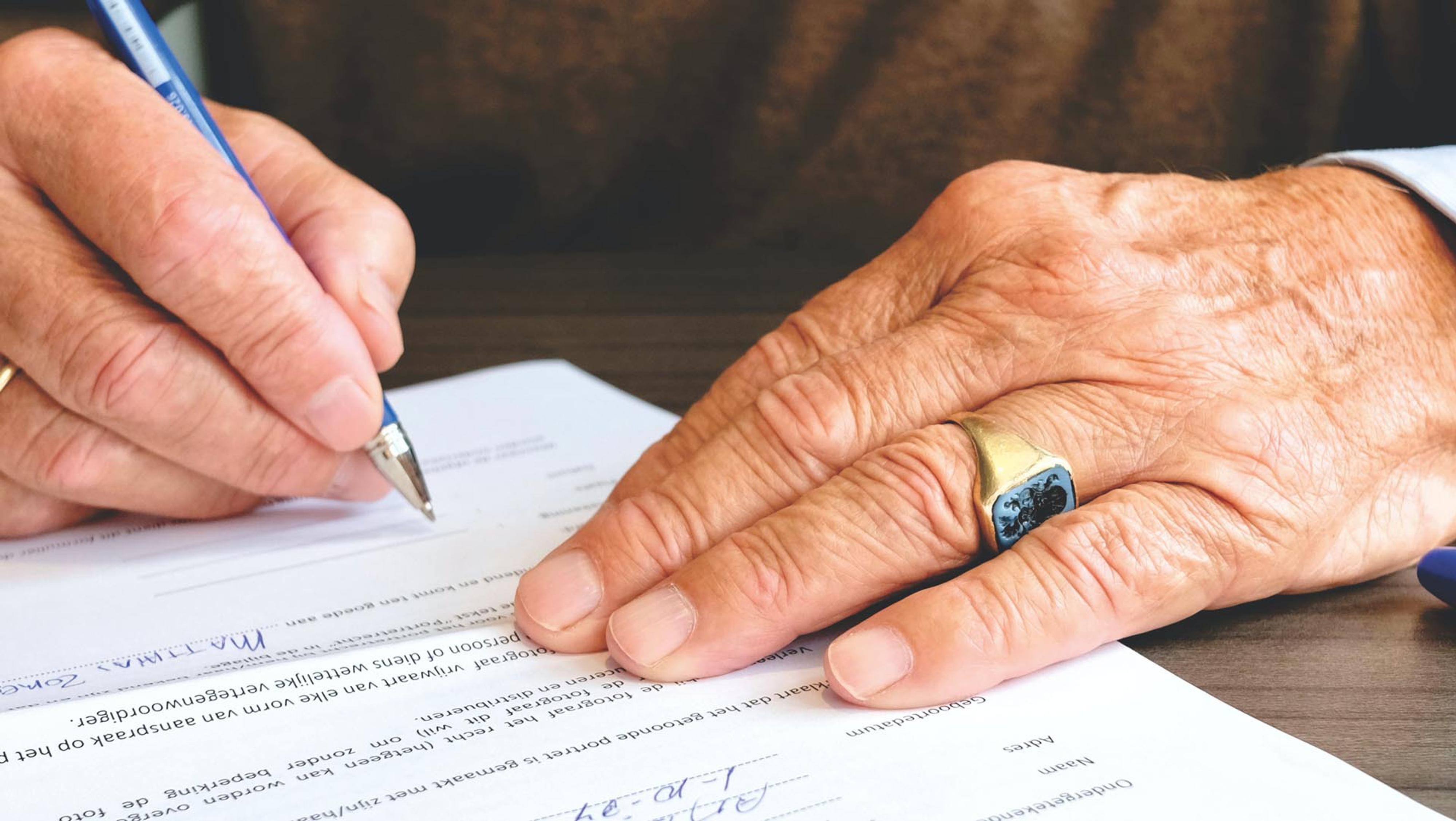
Maybe you have lived in Denmark for a while now, and you have come to realize how Denmark is, for many reasons, one of the happiest countries to live in
However, buying real estate is always an important transaction, even more when you are looking to purchase and establish yourself in a country different from your native country.
If you are non-Danish, many questions regarding the buying process, and legal and tax consequences, may arise when considering purchasing a dwelling in Denmark. Therefore it is essential to consult with a lawyer specialized in real estate transactions; the sooner the better.
In this article, we would like to provide you with a general overview of the process of buying a home in Denmark.
What you should know:
- To buy a dwelling in Denmark, you should reside in Denmark or have lived in Denmark for at least five years.
- You may need to apply for specific permission to buy real property in Denmark if you are a non-EU citizen, or you would like to buy a second residence in Denmark.
- The easiest way to look/find a house or an apartment to buy is through real estate agents and dedicated websites, e.g., boligsiden.dk, boliga.dk, nybolig.dk, home.dk, danbolig.dk, edc.dk, to name some of the most popular.
- Mortgage-credit institutions can finance you up to 80% of the purchase price, and your bank can loan you 15% of the purchase price after their assessment. You should be able to contribute with a down payment equivalent to 5% of the purchase price.
- Purchase contracts are usually conditioned with a bank and lawyer acceptance within 5-6 days to protect the buyer – make sure that the agreement contains a ”bankforbehold” and an ”advokatforbehold” clause before you sign it.
- The seller will usually provide you with a copy of the status report (“tilstandsrapport”) and an electrical surveyor’s report (“el-installationsrapport”) of the house you are interested in buying. If you are buying an apartment, the seller usually does not provide this information.
- Buying and insurance against force majeure events (“husforsikring”) is mandatory when you buy a house in Denmark. However, when you buy an apartment, it is the owners association that stands for taking out insurance for the entire building.
- Registration of the mortgage in Denmark has a general cost of 1,5% of the granted loan + DKK 1.750. Registration of the purchase deed (“tinglysning”) has a general fee of 0,6% of the purchase price + DKK 1.750.
Would you like to know more? Continue reading, or contact Tine Elise Kristensen.
Before you buy real estate
Before you start the buying process, you should be aware that some requirements must be met for non-Danish buyers to purchase real estate in Denmark. Depending on your condition and the type of property you would like to buy (a permanent dwelling or a second residence), you may be required to apply for specific permission. We focus on the purchase of a permanent home.
If you would like to purchase a permanent dwelling and establish yourself in Denmark, you should reside in Denmark or have lived in Denmark for at least five years. In these cases, you do not need to apply to the Department of Civil Affairs (“Civilstyrelsen”) for permission to acquire real property in Denmark.
If you are a non-resident in Denmark, but you are EU or EEA-citizen and work in Denmark, you can buy an all-year dwelling in Denmark without obtaining permission from the Department of Civil Affairs. However, if you do not reside in Denmark, nor have lived in Denmark for five years, and you are national of another country (non-EU or EEA citizens), you should apply for specific permission. As a non-EU citizen, you must have a valid residence or business permit in Denmark.
Looking for property
Having checked the permission-requirements to buy real property, you can start looking for offers of houses and apartments in Denmark. The easiest way to look/find a house or an apartment to buy is through a real estate agent and dedicated websites, e.g., boligsiden.dk, boliga.dk, nybolig.dk, home.dk, danbolig.dk, edc.dk, to name some of the most popular. Usually, you will find relevant information on the real property through these pages, or contact the realtors for more specific information on the property (“salgsopstilling”).
What you should know about going to the bank
Once you have found your potential home, you should contact your bank for preliminary verification of your financial standing. Besides the property’s “salgsopstilling” the bank will most probably ask you about your financial situation, actual and prospective income, savings, job situation/salary, life insurance, other properties, etc. The bank will then give you a “credit score,” i.e., how much money would the bank lend you accepting the risk for lending you this money, based on the assessment of these circumstances.
Be advised that your bank will not lend you the total amount. Banks usually collaborate with mortgage-credit institutions. Mortgage-credit institutions can finance you up to 80% of the purchase price, and banks can loan up to 15% of the purchase price. Therefore, you should be ready to contribute from your pocket with a down payment equivalent to 5% of the purchase price.
You can consult different banks and mortgage-credit institutions. However, it will be infrequent that a bank will be willing to take the risk of lending you the money if you do not have a salary bank account with them. Mortgage-credit institutions are usually a bit more flexible in this sense.
After visiting your bank, you know more or less if you can afford to buy the home of your dreams, and can see a real estate agent for a property viewing. The agent will generally give you some documentation concerning the property’s status, consumption, etc. when you visit the property. During your visit, you will have the opportunity to ask questions to the agent.
Buying process
When you finally decide to buy a particular property and put an offer, you will need to wait for the agent confirmation whether the owner accepts your offer and wants to sell the property to you. If the owner accepts your offer, you can start the loan process and apply for a bank loan.
You should be aware that the owner’s acceptance is not-binding at this point, i.e., the owner can change his mind and decide not to sell the property to you until he signs the purchase agreement. Unless otherwise established in the particular agreement, the seller will have no cancellation rights once he has signed the contract.
Typically, the real estate agent prepares all the documents, including a copy of the house’s status report (“tilstandsrapport”), an electrical surveyor’s report (“el-installationsrapport”), and the purchase agreement, and sends them to the seller and the buyer for their information and signature. However, if you are buying an apartment, be aware that the seller will usually not provide you with a “tilstandsrapport” and “el-installationsrapport” of that particular apartment as the apartment forms part a building and cannot be evaluated independently. When the seller provides you with these documents (“tilstandsrapport” and “el-installationsrapport”), this will relieve the seller of any liability in regards to latent defects in the property.
The purchase agreement, for buyer’s security, should be conditioned to the approval of the bank and the lawyer (“bankforbehold” and “advokatforbehold” clauses). These clauses will allow the buyer’s bank to guarantee that the loan amount is granted, and the deposit is ready to proceed with the transaction. The lawyer to review all the documents, and approve the transaction within 5-6 working days, provided everything is correct. That means that the purchase agreement will not be binding on the buyer until the bank and the lawyer have made sure that the transaction is viable and all the documentation is correct.
After you have signed the purchase agreement, and the bank and the lawyer have approved the deal, you should buy insurance against force majeure events (“husforsikring”), and insurance against hidden defects in the hours/apartment (“ejerskifteforsikring). The first one is mandatory, while the latter insurance is optional.
If you are buying an apartment, the owners association will stand for taking out a “husforsikring” that ensures the entire building, so you are not obliged to contract this type of insurance. Moreover, if the seller has not provided a status report of the apartment, it will not be possible for you to take insurance against hidden defects (“ejerskifteforsikring”). In this case, the seller can be held liable for hidden defects for ten years after the purchase.
Before you take possession of your new home, the lawyer will prepare a notarial deed (“skøde”) formalizing the registration transfer of the property and deregistration of the former owner. You should use your digital signature (MitID) to sign the notarial act. At the same time, you should pay 0,6% of the estate’s price as agreed in the contract + DKK 1.750.
Hereafter the lawyer will send the notarial act to the Registry Court (“tinglysning”), so that the former owner of the property is deregistered, and the new owner is registered.
Finally, the bank will send an application to the Registry Court to register the mortgage as a security of the loan. The registration of the mortgage costs a fee of 1,5% of the granted loan + DKK 1.750.
When you take over your new home, remember always to send the meter readings to the real estate agent. Also, remember to inform the Danish Tax Authority (“SKAT”) about your acquisition of the property in your preliminary income tax – you can deduct the mortgage interest that you pay from your income tax eventually.
Congratulations on your new home!











